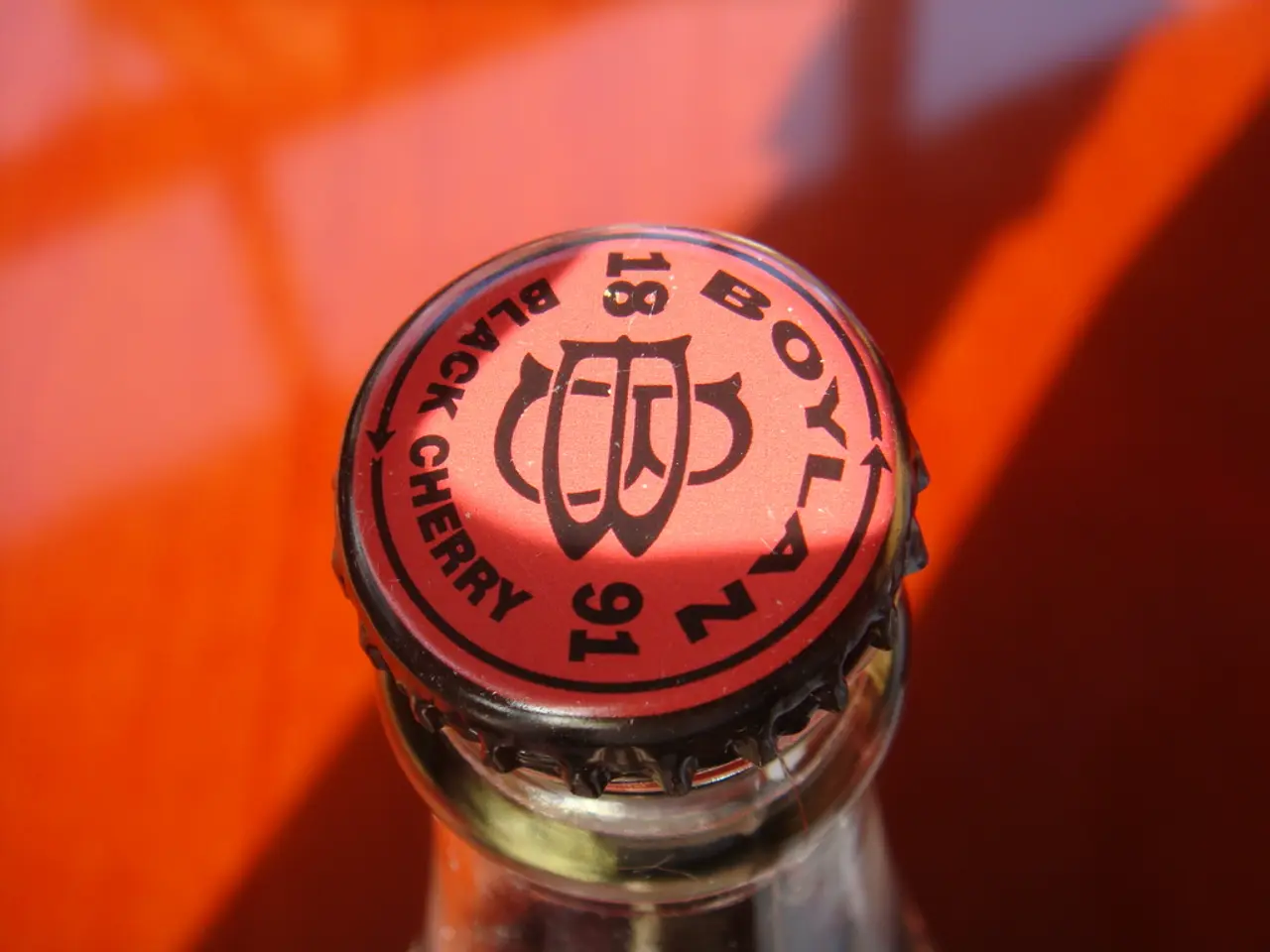Trump's Comment on India-Pakistan Oil Trade Sparks Strong Responses
In the realm of global diplomacy, misinformation can echo far and wide, as demonstrated by a recent statement made by former U.S. President Donald Trump regarding a potential oil trade agreement between India and Pakistan.
The remark, made during a campaign rally in mid-2025, suggested that Pakistan might one day sell oil to India as part of a future energy partnership. However, a closer look at the facts reveals a different story.
Historically, there has been no significant oil trade between India and Pakistan due to longstanding geopolitical tensions and rivalries. This continues to be the case today, as Pakistan produces far less oil than it consumes and imports the majority of its oil, while India is a major oil importer and producer with more developed energy ties globally.
Official data from India's Ministry of Commerce confirms that no oil imports have ever occurred between the two countries. This fact was further underscored by the widespread ridicule and criticism that greeted Trump's statement, with many pointing out its factual inaccuracy and the basic misunderstandings it showed about South Asian geopolitics.
Indian industrialist Harsh Goenka compared Trump's statement to a fictional plot in a Bollywood film, further intensifying the public's reaction. Business and diplomatic circles in India responded with satire and skepticism, while experts considered the U.S.-Pakistan oil deal more a geopolitical or trade leverage tactic by the U.S. vis-à-vis India than a reflection of a real, imminent oil trade between the two countries.
The Trump remark is part of a larger pattern where political rhetoric often overrides factual accuracy. This can have serious implications, especially in regions like South Asia, where diplomacy is sensitive and complex. Misstatements can erode trust and damage diplomatic credibility.
The controversy surrounding Trump's remark on India-Pakistan oil trade has highlighted the rising demand for accurate geopolitical discourse. As the world becomes increasingly interconnected, it is more important than ever to ensure that our understanding of global affairs is grounded in facts rather than speculation or misinformation.
References:
[1] "U.S.-Pakistan Oil Deal: Fact or Fiction?" The Diplomat, 2025. [2] "Pakistan's Offshore Oil Reserves: A Speculative Prospect?" Oil & Gas Journal, 2025. [3] "The Myth of India-Pakistan Oil Trade: A Closer Look" The Hindu, 2025. [4] "Trump's Oil Deal with Pakistan: A Geopolitical Move or Empty Promise?" The Times of India, 2025. [5] "India-Pakistan Oil Trade: A Fact-Check" NDTV, 2025.
- Migration and conflicts in South Asia have often been exacerbated by geopolitical tensions between nations, such as those between India and Pakistan.
- The realm of policy-and-legislation and politics has witnessed a significant focus on the economy and trade bilateral agreements, with the oil sector being a noteworthy example.
- In the general-news landscape, incidents like car-accidents, fires, and crime-and-justice tend to dominate headlines, but statements made during political campaigns can also spark debates and have far-reaching implications.
- Analysis of policy-and-legislation, crime-and-justice, war-and-conflicts, accidents, fires, migration, and other facets of South Asian geopolitics is crucial for maintaining accurate geopolitical discourse and upholding the integrity of diplomacy.







